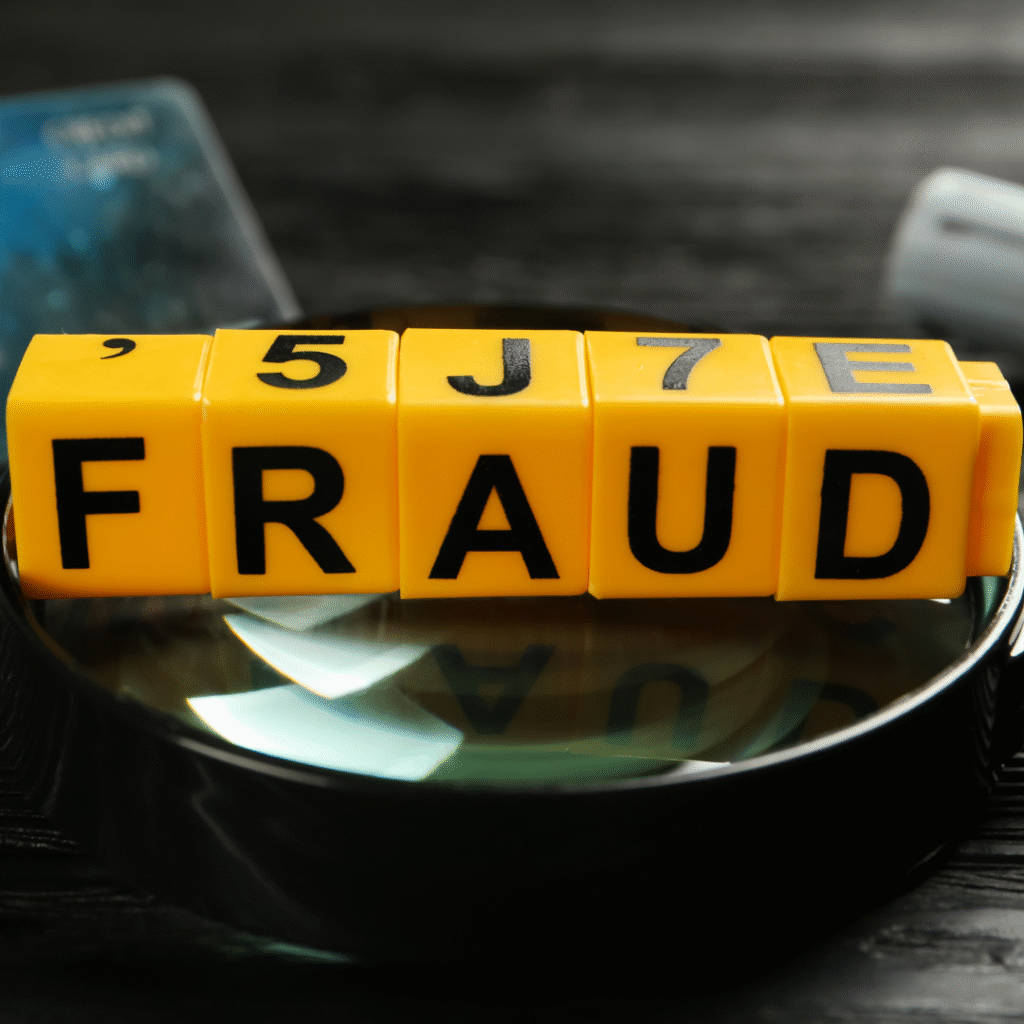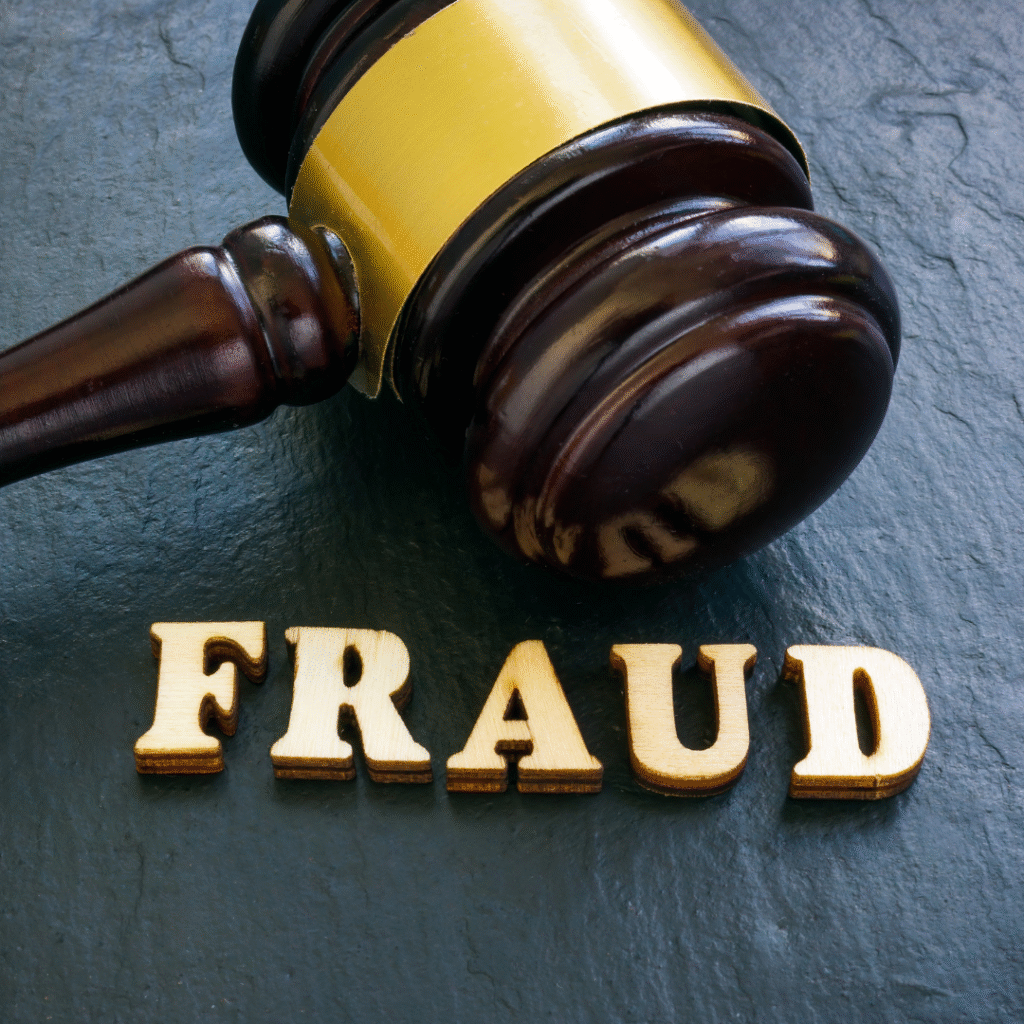Pennsylvania Hospital Fraud Suits Blocked by $19M Deal, Court Rules

September 2, 2025 | JacobiJournal.com — Pennsylvania hospital fraud suits have been barred after a federal appeals court upheld a $19 million settlement that resolved long-running allegations of improper Medicare and Medicaid billing. The ruling closes one of the most closely watched healthcare fraud disputes in the state, where whistleblowers had accused the University of Pittsburgh Medical Center (UPMC) and affiliated physicians of manipulating billing practices to inflate reimbursements. At the heart of the Pennsylvania hospital fraud allegations were claims of unnecessary cancer treatments, double billing, and improper coding that prosecutors argued cost taxpayers millions. By affirming the settlement, the court not only finalized the financial recovery but also effectively shut down future lawsuits tied to the same conduct. Legal experts note that this decision sets an important precedent for how federal courts may treat overlapping whistleblower cases, narrowing the path for additional litigation once a global resolution has been reached. UPMC Accused of False Claims and Improper Billing A three-judge panel of the Third Circuit ruled that the agreement, reached between federal prosecutors and the University of Pittsburgh Medical Center (UPMC) along with certain physician groups, precludes further whistleblower claims tied to the same allegations. The court emphasized that the $19 million settlement was intended to bring closure to years of litigation surrounding improper Medicare and Medicaid billing practices. By ruling in favor of UPMC, the panel effectively confirmed that all overlapping claims related to the alleged misconduct were absorbed into the federal settlement. The panel’s decision reflects how Pennsylvania hospital fraud cases are increasingly resolved through comprehensive agreements rather than piecemeal litigation. Prosecutors argued that allowing additional whistleblower suits to proceed would create duplicative claims and undermine the finality of negotiated settlements. For UPMC, the outcome provides certainty after years of scrutiny, while for whistleblowers, it raises concerns that valid claims may be sidelined when folded into broader fraud resolutions. Whistleblowers’ Claims Swept Into Settlement The panel rejected arguments from relators who sought to continue separate lawsuits, holding that the settlement fully released the claims under the False Claims Act (FCA). “The $19 million deal covered the same alleged conduct, and duplicative litigation cannot proceed,” the opinion stated. The court reasoned that permitting additional lawsuits would not only risk conflicting judgments but also erode the purpose of negotiated fraud settlements, which are designed to bring finality and conserve judicial resources. For the whistleblowers, however, the ruling was a significant setback. Many had argued that their Pennsylvania hospital fraud claims involved distinct billing schemes or different time periods that deserved independent review. Yet the judges determined that the settlement’s broad scope encompassed all such allegations, leaving no room for separate recovery. This outcome illustrates the tension between incentivizing insiders to report fraud and the government’s preference for resolving healthcare disputes through comprehensive settlements. Tension Between Whistleblowers and Finality Federal prosecutors emphasized that the settlement was a significant recovery for taxpayers while allowing UPMC to avoid admitting liability. However, whistleblowers expressed concern that the ruling may discourage insiders from coming forward if their claims are swept into broad settlements without additional payouts. Prosecutors countered that the $19 million resolution delivered meaningful accountability for alleged misconduct while avoiding the uncertainty of protracted litigation. Critics argue that the decision highlights a recurring problem in Pennsylvania hospital fraud cases: whistleblowers often take substantial risks in exposing wrongdoing but may receive little or no recognition when their claims are folded into global settlements. Legal analysts note that this dynamic could weaken the incentive structure of the False Claims Act, which was designed to reward insiders who help uncover fraud. As a result, the case underscores the delicate balance courts must strike between achieving finality for institutions like UPMC and maintaining strong protections for whistleblowers who reveal systemic healthcare fraud. DOJ’s Focus on Healthcare Fraud The case highlights the growing tension in False Claims Act litigation between rewarding whistleblowers for exposing fraud and providing finality for institutions accused of misconduct. The ruling further signals that federal courts may take a narrow view of relators’ ability to press claims after a global settlement has been reached. This trend could directly affect how Pennsylvania hospital fraud cases are litigated in the future, with courts showing increased deference to comprehensive government settlements that cover broad categories of alleged misconduct. For context, the Department of Justice recovered more than $2.7 billion under the FCA in fiscal year 2024, with healthcare fraud accounting for the majority of cases. Officials have repeatedly stressed that enforcement against hospital systems remains a top priority, particularly where Medicare and Medicaid billing abuses are involved. The Pennsylvania hospital fraud suits against UPMC serve as a reminder that even large institutions remain under scrutiny, but final settlements may limit how far whistleblower claims can proceed once the government has secured a resolution. Read the DOJ’s latest False Claims Act statistics. FAQs: Pennsylvania Hospital Fraud Suits What were the Pennsylvania hospital fraud suits about? They involved allegations that UPMC and affiliated doctors submitted false Medicare and Medicaid claims for unnecessary cancer treatments and improper billing. Why did the appeals court block further lawsuits? The Third Circuit ruled that a $19 million settlement already resolved the claims, preventing duplicate litigation under the False Claims Act. What does this ruling mean for whistleblowers? It limits their ability to pursue separate claims if a global settlement has been reached, raising concerns about incentives to report fraud. How does this case fit into national healthcare fraud enforcement trends? It highlights the Department of Justice’s focus on large-scale settlements and its preference for finality in False Claims Act litigation, even at the expense of individual whistleblower actions tied to Pennsylvania hospital fraud. Subscribe to JacobiJournal.com for the latest updates on hospital fraud, healthcare fraud, False Claims Act rulings, and public integrity prosecutions. Stay ahead with expert reporting delivered directly to your inbox. 🔎 Read More from JacobiJournal.com:
DOJ Seeks $11M in Civil Forfeiture Over Miami DME Fraud Scheme

August 8, 2025 | JacobiJournal.com — The Department of Justice has filed a civil forfeiture complaint to recover nearly $11 million in alleged proceeds from durable medical equipment (DME) fraud involving two Miami-based clinics. Authorities claim that Vida Med Center LLC and Med-Union Medical Center fraudulently billed Medicare for over $33 million in medically unnecessary DME claims between 2020 and 2022. According to the DOJ, the clinics operated a kickback-driven scheme in which patients were prescribed braces and orthotic devices that were not medically necessary and often never delivered. These services were submitted as reimbursable to Medicare using falsified documentation and physician approvals. Civil Forfeiture Sought in DME Fraud Scheme Federal investigators tracked the fraudulent proceeds through multiple financial accounts and shell entities, allegedly used to obscure the origin of the funds. The civil forfeiture action, filed in the Southern District of Florida, aims to recover approximately $10.9 million in assets, including luxury vehicles and real estate tied to the scheme. This case is part of a broader initiative by the DOJ and the Medicare Fraud Strike Force to curb fraudulent billing in the durable medical equipment sector. Authorities say DME fraud schemes frequently exploit vulnerable Medicare beneficiaries and drive up public healthcare costs. Pattern of Abuse in DME Billing Both clinics have come under scrutiny for their roles in a growing pattern of DME fraud forfeiture actions emerging nationwide. The use of deceptive marketing, forged prescriptions, and aggressive billing tactics has led to increased oversight of DME suppliers and prescribing physicians. The DOJ emphasized that civil forfeiture serves as a powerful tool to disrupt financial incentives behind Medicare fraud without waiting for a criminal conviction. What’s Next? The civil action does not require criminal charges to proceed but may lead to future indictments if investigators uncover further evidence of conspiracy or wire fraud. Meanwhile, regulators are urging healthcare providers to tighten compliance protocols and ensure documentation aligns with Medicare requirements. The DOJ’s pursuit of assets in this case signals renewed focus on financial recovery alongside traditional enforcement methods. For more on healthcare fraud enforcement, visit the U.S. Department of Justice Health Care Fraud Unit. FAQs: What to Know About DME Fraud Forfeiture What is DME fraud forfeiture? DME fraud forfeiture refers to the government’s civil action to seize assets gained through fraudulent durable medical equipment billing, even without a criminal conviction. How much was billed in the Miami DME fraud case? The two clinics allegedly billed Medicare over $33 million in fraudulent DME claims, prompting a DOJ effort to recover $11 million in illicit proceeds. Why does the DOJ use civil forfeiture in healthcare fraud cases? Civil forfeiture allows the DOJ to quickly seize assets tied to fraud without awaiting a criminal trial, preserving funds for potential restitution and disrupting ongoing schemes. Never miss an update. Subscribe to JacobiJournal.com for weekly enforcement summaries, case insights, and legal analysis direct to your inbox. 🔎 Read More from JacobiJournal.com:
Genetic Testing Scams: The New Face of Medicare Fraud

June 18, 2025 | JacobiJournal.com – Genetic testing scams are quickly becoming a major form of Medicare fraud, targeting seniors with misleading offers and unauthorized billing schemes. These scams usually begin with a cold call, a booth at a senior center, or even a misleading TV ad claiming to offer free DNA testing for cancer or other conditions. Once a patient provides their Medicare number, scammers bill the government for unnecessary or completely fake tests—costing taxpayers millions. Although these scams promise insight into personal health, they rarely provide any medical value. Instead, the goal is to exploit Medicare’s coverage of genetic testing. A Growing Threat to Seniors and Taxpayers The appeal of genetic insights makes this scam effective, particularly among vulnerable senior populations who are more likely to trust medical professionals or health-related offers. Fraudsters often employ aggressive marketing tactics and fake affiliations with Medicare or healthcare providers to establish trust and gain access to sensitive private information. Furthermore, these schemes often involve third-party labs and marketers who split profits from fraudulent claims, making detection even more challenging. This multi-layered setup allows scam operations to avoid early scrutiny while maximizing profit. Protecting the Public and Medicare Government agencies, including the Office of Inspector General and CMS, have issued warnings and are actively investigating such schemes. Still, public awareness is key. Patients should never share Medicare information with unfamiliar sources or agree to free tests without consulting their doctor. Ultimately, understanding how genetic testing scams work is the first step in stopping them. Clear regulations, routine audits, and public education will be crucial in protecting both patient trust and public funds. For more official information on Medicare-related scams, visit the Office of Inspector General (OIG) fraud alerts. FAQs: About Genetic Testing Scams How do genetic testing scams target Medicare patients? Genetic testing scams often begin with unsolicited calls, senior center booths, or deceptive ads offering free DNA tests. Scammers collect Medicare numbers to bill for unnecessary or fake tests, exploiting both seniors and the Medicare system. What risks do seniors face from genetic testing scams? Victims of genetic testing scams risk identity theft, compromised medical data, and contributing to Medicare fraud unknowingly. These scams often leave patients without any valuable health insights despite claims. How can Medicare beneficiaries avoid genetic testing scams? To avoid genetic testing scams, seniors should only undergo genetic testing recommended by their personal doctor. Medicare numbers should never be shared with unsolicited callers, marketers, or unfamiliar medical providers. Stay protected against healthcare fraud. Subscribe to JacobiJournal.com for ongoing updates on Medicare scams, fraud enforcement, and patient safety insights. 🔎 Read More from JacobiJournal.com: